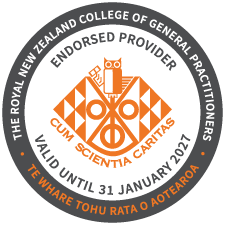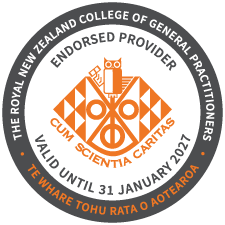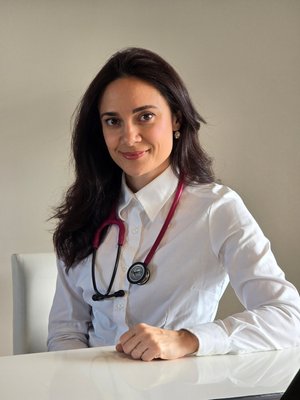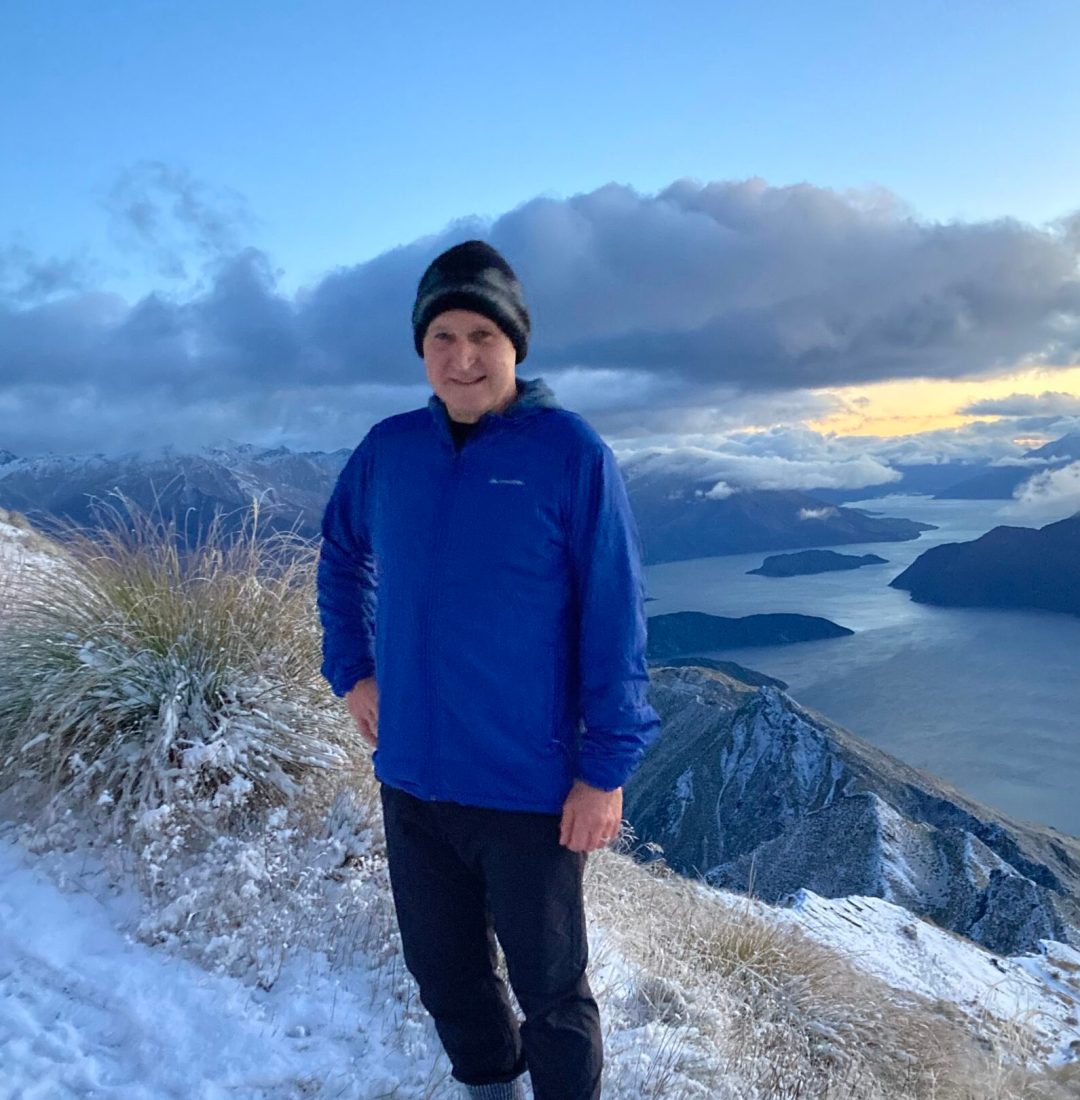Embark on a Transformative Journey
Enrol in the mentorship program led by Dr. Chin-Yun Lin, a distinguished New Zealand-based dermatologist and Mohs micrographic surgeon. This unique opportunity is designed to empower excellent dermatological care within your practice.
The current number and geographical spread of dermatologists in New Zealand are inadequate for our population needs. Most people rely on their family doctors to navigate their skin problems. Improving such knowledge and expertise amongst primary care providers will vastly improve the dermatological health of the country.

Why Seize This Opportunity?
If you're eager to integrate advanced dermatological care into your practice, or establish a dedicated skin clinic, but face obstacles due to limited expertise or experience, our program is tailored to propel you towards your goals and success.
Dr. Lin, with a decade of dedication to busy private practices, now offers online mentorship to help you develop the knowledge and skills in managing dermatological conditions effectively. Seize this rare opportunity to kickstart your journey to becoming a leader among your peers in this field!


SKINIQUE GP Dermatology Mentorship 2026 has been endorsed by The Royal New Zealand College of General Practitioners (RNZCGP) and has been approved for 15 CME credits* for Continuing Professional Development (CPD) purposes
(*applies to full course, upon obtaining the certificate of completion)
Program Highlights
Why Choose This Mentorship Over The Other Courses?
About The Presenter: Dr. Chin-Yun Lin
MBBS, BSc(Med) 1st Hons, FRACP, FNZDSi, FACMS
SKINIQUE Medical is founded by Dr. Chin-Yun Lin, a private Dermatologist practising in Auckland, New Zealand.
His practice locations include Crawford Specialist Centre in Howick, Ormiston Specialist Centre in Botany Junction, and Auckland Skin & Cancer Foundation in Remuera.
Dr. Lin holds numerous qualifications and memberships in Dermatology, Mohs micrographic surgery, and Internal medicine from Australasia and the United States.
- Fellow of the New Zealand Dermatological Society Inc.
- Australasian Society of Cosmetic Dermatologists member
- Fellow of the American College of Mohs Surgery
- Fellow of the Royal Australasian College of Physicians
Feedback From Our Mentees

SKINIQUE GP Dermatology Mentorship 2026
Invest In Your Professional Growth & Longterm Success!
Want To Know More? Check Out Our Curriculum Below!
Course Curriculum
Medical (M) : Surgical (S)
Module 1 - Eczema (M)
- Management of Atopic dermatitis in Adult vs Child vs Infant
- Management of other subtypes of dermatitis (Asteototic dermatitis, Venous eczema, Dishydrotic eczema, Contact dermatitis, discoid eczema, Sub and erythrodermic dermatitis)
- Management of infective complications (bacterial/fungal/viral)
- Understand relative potencies of available range of topical steroids/non-steroid anti-inflammatories and moisturisers, and understand the indications of each product to tailor management to the needs of individual patients.
- know exactly how to prescribe optimised topical regimes, and facilitate patient compliance and treatment satisfaction through tailored patient education. "it's not just about what you prescribe, but how you prescribe it."
Module 2 - Psoriasis (M)
- Management of Psoriasis and subtypes (guttate, plaque, inverse, pustular, eyrthrodermic)
- prescribing tips to boost effects of available psoriasis topical anti-inflammatories
- non-pharmacological therapy tips to enhance treatment response
- Adopting a holistic view in psoriasis management, especially important in general practice.
Module 3. - Difficult to diagnose or 'see' dermatoses (M)
- my approach to 'pruritus query cause', where minimal primary dermatoses are present at the time of initial consultation.
- urticaria, acute vs chronic, various subtypes, how to exclude important differential diagnoses, and optimised management regime.
- scabies, diagnostic pitfalls, understanding how to prescribe scabicides correctly and accurately to ensure patient compliance and successful eradication. This is vitally important as I see this prescribed inaccurately time after time, which results in treatment failure, and erodes patients' confidence in therapies
Module 7. Management of Acne (M)
- understand the pathogenesis of different types of acne formation, and factors that aggravate acne
- learn how to grade acne severity to facilitate treatment planning and follow up
- learn about non-pharmacological acne treatment options, and boost your knowledge on various cosmeceuticals that may help acne managment, in order to have a meaningful treatment discussion with patients who may be averse to pharmacological intervention
- know when and how to prescribe various topical and oral acne treatments to optimise treamtent outcome
- gain detailed knowledge and skills in consenting and prescribing isotretinoin for your patients to optimise clinical safety and long term treatment results
Module 8. Management of Hair loss (M)
- understand cicatricial versus non-cicatricial alopecia
- learn how to manage common non-cicatricial alopecia appropriately in the primary setting. Conditions covered will include androgenetic alopecia, telogen effluvium, and alopecia areata
- learn to recognise cicatricial alopecia from the early stages, to facilitate early specialist referrals and minimse irreversible hair loss
Module 4. Diagnosis & management of common skin cancers (S)
- my cost-effective set up for dermoscopy and photos
- clinical and dermoscopic 'telltale' signs of skin cancers
- preventative management approach to precancerous lesions, field treatments, oral chemo-prophylaxis
- modified approach to biopsies to minimise overheads, whilst still being able to obtain the necessary pathology information, and facilitate smooth referral to the specialists (if required).
- surgical vs non-surgical treatment planning for superficial skin cancers
- excision approach to invasive skin cancers, tips on assessment of clinical margins, and guidelines on provision of excision margins for various skin cancers.
Module 5. Skin Biopsies (S)
- punch vs shave vs curettage cautery vs incisional biopsy
- when to use which biopsy methods explained, and tips on performing each procedure. Learn how to minimise overheads and optimise time efficiency where possible.
- Video recordings demonstrating relevant techniques will be included
Module 6. Excisions and Reconstruction Techniques(S)
- Layered primary closure, tips on getting great apposition to optimise scar outcome
- types of sutures I use, and how these may vary depending on surgical characteristics
- Tips on advanced reconstruction, when to use flaps and grafts, with approaches suitable to a general practice operating room. This module should provide enough knowledge and tips to boost your confidence in closing just about any surgical defect encountered in primary practice.
- Video recordings to demonstrate relevant surgical techniques
- tips to reduce surgical overheads whilst maintaining high quality care and excellent post-operative outcomes.
The full course includes 6 and a half hours of audio-visual teaching, and 1 hour's worth of multiple choice questions to consolidate learning at the end of each module.
Where relevant, the course also includes downloadable resources, references and links to help mentees with further knowledge consolidation.
Enrolment grants 1 year of unlimited online access on desktop and mobile devices.
Due To Popular Requests, This Year We Offer The Option Of Separate Enrolment In Medical And Surgical Modules, To Cater For Individual Learning Needs








